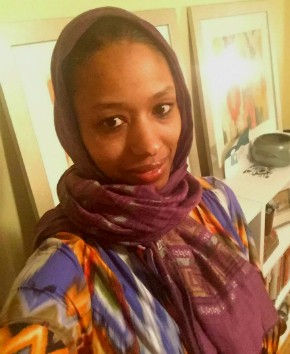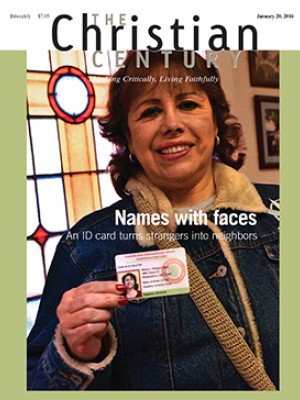The same God?

Wheaton College’s suspension of associate professor Larycia Hawkins has sparked debate on several fronts (see "Professor suspended for saying Christians, Muslims 'worship the same God'"). The political scientist attracted attention for wearing a headscarf in solidarity with Muslims. Before this, Hawkins—the first black woman on Wheaton’s tenured faculty—had clashed with administrators over questions related to sexuality and black liberation theology.
Perhaps most contentious is the reason the college gave for suspending Hawkins: her claim that Christians and Muslims “worship the same God.” Wheaton suggested that this stance conflicts with the college’s statement of faith.
Does it? Wheaton’s statement of faith includes the core elements of historic orthodox Christianity along with items more particular to American evangelicalism. It doesn’t mention Islam. Is it fair to say that a full-throated affirmation of the Christian God implicitly excludes the God worshiped by Muslims?
Read our latest issue or browse back issues.
One might answer yes with no hostility toward Islam—indeed, out of respect for genuine difference. The Christian God, after all, is irreducibly Trinity. And this God is inseparable from Jesus Christ, who for Christians is not just the prophet revered in Islam but the incarnate Word who was with God and was God in the beginning. Such claims have long been essential to what Christians talk about when we talk about God—and such claims can be bewildering if not blasphemous to Muslims.
On the other hand, one need not be a universalist or even a liberal to affirm that Christians and Muslims worship the same God. Pope Francis says this; so did his predecessor; so do official Roman Catholic documents. In earlier eras, Christian thinkers often assumed a shared monotheistic faith as a starting point for conversation with Muslims. The church tended to see Muslims as heretics—a harsh term, but one reserved for those who say the wrong things about the right God.
As for the Trinity, theologian Miroslav Volf has argued that Islam’s insistence on the unity of God doesn’t clash with the Trinity itself so much as with misguided conceptions of it. Jews, Christians, and Muslims share a monotheistic heritage, along with several key concepts—such as belief in the one God, the merciful Creator and judge of the world. We even share a common ancestor, one who made a covenant with God. We may believe very different things about Abraham’s God, but it’s still his God.
The question perhaps boils down to whether the word God can be separated from the particular tradition of faith by which God is known. Christian thinkers have made room for both approaches. Whether we end up saying that Christians and Muslims worship different Gods or the same one differently, interfaith work will require both clarity about one’s own faith and solidarity with people of other faiths.





